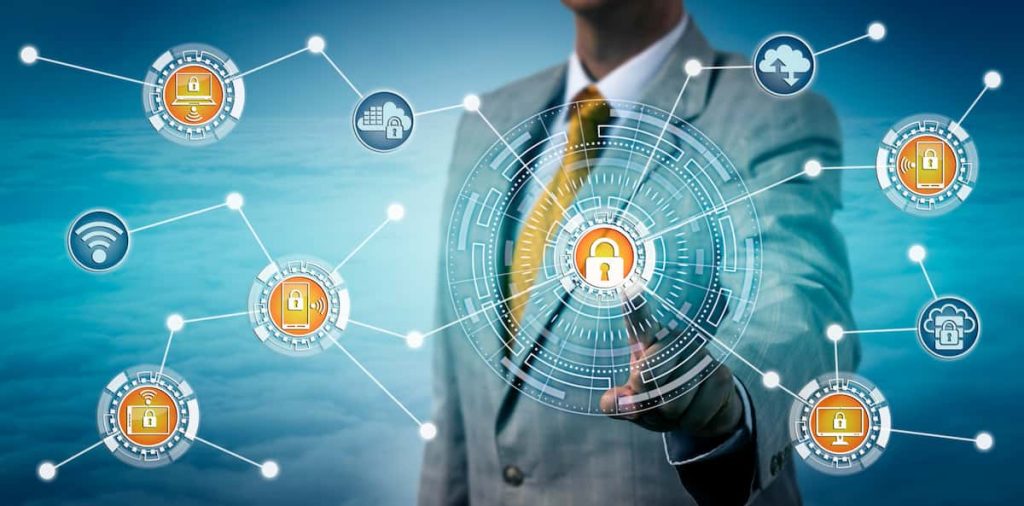Data privacy certifications are crucial for service providers to demonstrate their commitment to protecting sensitive information entrusted to them. Several certifications stand out in the realm of data privacy, each offering a structured framework for compliance and best practices. One of the most recognized certifications is the ISO/IEC 27001. It focuses on information security management systems ISMS and provides a comprehensive approach to managing and protecting company and customer data. ISO/IEC 27001 certification requires organizations to establish, implement, maintain, and continually improve ISMS, ensuring that data privacy risks are identified, assessed, and managed effectively. Another prominent certification is the GDPR General Data Protection Regulation Compliance Certification. While not a single certification, achieving GDPR compliance involves adhering to the stringent data protection requirements set forth by the European Union. GDPR compliance is essential for service providers handling data of EU citizens, requiring robust measures for data protection, consent management, data subject rights, and breach notification.

SOC 2 Service Organization Control 2 certification is also highly regarded in the industry, focusing on the controls relevant to data privacy and security. Developed by the AICPA American Institute of Certified Public Accountants, SOC 2 assesses the security, availability, processing integrity, confidentiality, and privacy of information handled by service providers. SOC 2 reports provide valuable assurances to customers and stakeholders about the effectiveness of an organization’s controls. CCPA California Consumer Privacy Act Compliance Certification is crucial for service providers operating in California or handling data of California residents. CCPA mandates strict requirements regarding consumer data rights, including the right to access, delete, and opt-out of the sale of personal information. Certification involves demonstrating compliance with CCPA’s provisions, ensuring robust data protection practices are in place. For healthcare service providers, HIPAA Health Insurance Portability and Accountability Act Compliance Certification is essential. HIPAA sets standards for the protection of individually identifiable health information PHI. Achieving HIPAA compliance involves implementing safeguards to protect PHI’s privacy and security, ensuring the confidentiality and integrity of healthcare data.
In addition to these certifications, Privacy Shield certification was formerly important for organizations transferring personal data from the EU to the US in compliance with EU data protection requirements. However, the EU Court of Justice invalidated the Privacy Shield in 2020, emphasizing the importance of ongoing evaluation and adaptation to evolving data protection standards. Achieving these certifications requires significant effort and investment but demonstrates a service provider’s commitment to data privacy and security. The Data Privacy Blog Beyond regulatory compliance, certifications enhance trust with customers, improve competitive advantage, and mitigate the risks associated with data breaches and non-compliance penalties. Service providers must continuously monitor regulatory updates and adapt their practices to maintain certifications and stay ahead in the evolving landscape of data privacy. These certifications not only assure compliance with regulatory requirements but also build trust and credibility with stakeholders in an increasingly data-driven business environment.
